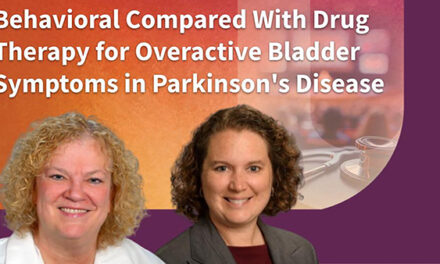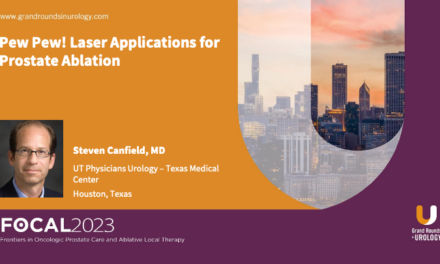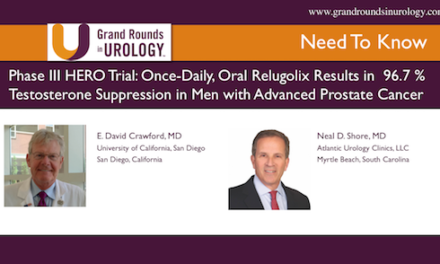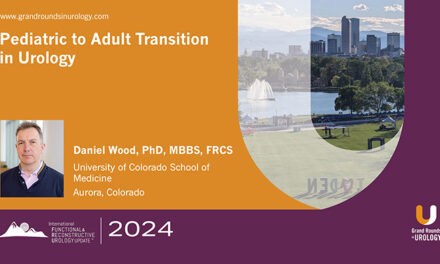Robert H. Eckel, MD, FAHA, FACC, FNLA, presented “Cardiovascular Side Effects of ADT” during the 34th International Prostate Cancer Update on February 12, 2024, in Vail, Colorado.
This content is available free to the GRU Community. Login or create an account to view it.
How to cite: Eckel, Robert H. “Cardiovascular Side Effects of ADT.” February 2024. Accessed Nov 2025. https://grandroundsinurology.com/cardiovascular-side-effects-of-adt/
Cardiovascular Side Effects of ADT – Summary
Robert H. Eckel, MD, FAHA, FACC, FNLA, outlines common cardiovascular risks in prostate cancer patients on androgen deprivation therapy (ADT). Dr. Eckel launches his talk by explaining the most common non-prostate cancer cause of death in men with metastatic prostate cancer is cardiovascular disease (CVD).
Dr. Eckel points out the potential molecular connections between CVD and prostate cancer. He illustrates tissue-specific effects in terms of adverse cardiovascular consequences of various ADTs.
Dr. Eckel displays data on adjusted hazard ratios of cardiovascular events in prostate cancer patients with and without ADT exposure and points out ADT increases risk of heart failure in men without preexisting CVD. He points out that chemotherapy and immunotherapy are also associated with increased CVD risk and shares a science advisory on ADT and CVD risk, outlining factors to examine, such as obesity, serum lipids, insulin sensitivity, blood pressure, waist-hip ratio, and C-reactive protein.
Dr. Eckel explains there is no formalized approach for the identification or stratification of cardiovascular risk or tools to reduce risk. He describes a multidisciplinary panel tasked with considering the challenges in managing cardiovascular risk in men with prostate cancer on ADT.
Dr. Eckel summarizes the panel’s recommendation of an assessment tool that identifies CVD risks for men with prostate cancer, which can be exacerbated by treatment. He explains that urologic oncology providers comfortable managing CVD risk factors are empowered to do so and highlights the importance of communication and the “village” of providers (e.g. cardiologists, PCPs, etc.) who may be involved in comprehensive care. He emphasizes these risks are not static and reassessment and follow-up must be ongoing.
About The 34th Annual International Prostate Cancer Update:
The International Prostate Cancer Update (IPCU), founded in 1990, is a multi-day CME conference focused on prostate cancer treatment updates with expert, international faculty. It is led by expert physicians and is designed for urologists, medical oncologists, radiation oncologists, and other healthcare professionals involved in the diagnosis and treatment of prostate cancer. The 34th iteration of the meeting occurred February 11-14, 2024 in Vail, Colorado. To view more educational presentations from IPCU 34, visit our collection page.
ABOUT THE AUTHOR
Robert H. Eckel, MD, FAHA, FACC, FNLA, is Professor of Medicine Emeritus in the Division of Endocrinology, Metabolism, and Diabetes, Professor of Physiology and Biophysics, and Charles A. Boettcher Endowed Chair in Atherosclerosis at the University of Colorado Denver Anschutz Medical Campus in Aurora, Colorado.





